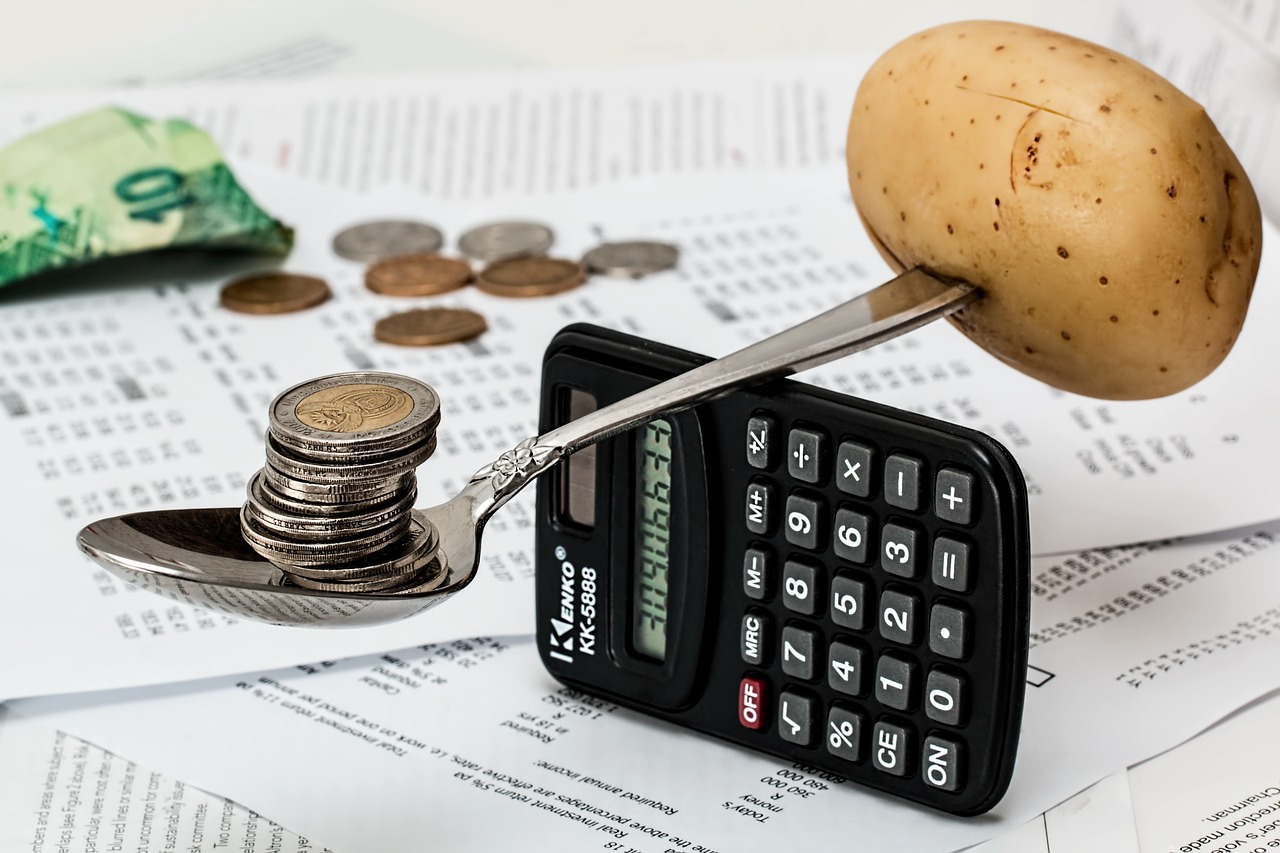Have you ever asked yourself, what tools or character traits do I need to get out of debt and save money? Most people struggling financially have never considered the type of person they need to become or what they need to do to improve their finances. Since you’re reading this piece, I assume that you’re interested to know. Good for you. Knowledge is the first step to solving a problem and the second is implementation.
You can know everything in this world, but that knowledge is useless if you don’t put it into action.
When I got out of debt and built savings, I became a different person throughout that process. And I lived differently. Living differently from when I was in debt helped me to save money, and being a different person helped me to keep money. There are several things that you need to do and acquire several traits to be a better money manager, but I’ve nailed it down to two key things…
Discipline
Show me a disciplined person, and I’ll show you someone who can potentially get out of debt and build savings. Without being disciplined with money, you’re bound to wonder where it went. People who are well financially disciplined are more likely to hold on to their money than those who aren’t.
But what does being financially disciplined entail?

If you cannot manage $100, how can I trust you with $100,000? You need to prove yourself with a small amount to have the privilege of handling a big amount. Think of lottery winners who had no money and then received a large amount. Most of them went bankrupt a few years after winning the jackpot. Why? It’s because they never learnt how to manage money. That’s the reason they never had any before the winnings.
Prove that you’re not going to spend the first $100 that you receive. If the first thought that pops into your head when you receive money is how you’re going to spend it, you’re in the wrong mindset. The first thought that a saver has when he receives money is, where can I invest this money or what high-yield savings account is good so that my money grows?
The way to build that mindset is to delay gratification.
If your money comes in and then it goes out, you’re not delaying gratification; you’re looking for a way to spend it as soon as possible to feel pleasure. Delaying gratification means not spending your money until that money earns you more money.
Think of it like this: You invest $100 and receive 7% interest at the end of the year. Now you have $107. You withdraw the $7 and spend it. You haven’t touched the initial investment. That’s responsible spending. If you had spent the $100 as soon as it came in, you would have nothing like most people. Keep in mind that most American families don’t even have $1,000 saved up. That’s sad and definitely not the situation you want to be in.
Discipline is acquired through the repetition of a habit over a long period of time. The longer you’re able to maintain that habit, the more it becomes entrenched. Once the habit is solidified, discipline is acquired, and it’s hard to break it.
You want to be in the mindset of saving money, not spending it. It’s okay to spend a portion of your money but not all of it.
But what if you’re living month to month? How do you save money to build discipline?
Lower Your Lifestyle
Sacrifice is required to develop discipline and to save money. The answer for most people struggling financially is not to make more money. That will give them more room to spend. They haven’t conditioned themselves to save. A spender thinks in terms of spending and a saver saves money. If you haven’t saved money over a long period of time, how can you consider yourself a saver?
You need to develop the saving muscle. You can save money only if you have something left over at the end of the month. And the best way to have money to save is by decreasing your expenses.

Compile a cash flow statement. I call it that instead of a budget because you need to have realistic figures in front of you, not forecasted ones.
Look at every expense and find a way to reduce it. You can reduce almost every expense. If you live in a house, rent out a spare bedroom. If you’re renting an apartment, rent a room instead. That will decrease your rental expense. Stop eating out. Cancel your subscriptions. Train at home instead of the gym. These are examples of how to reduce your expenses. All of us can reduce our expenses, but it will require a lifestyle shift.
By reducing your expenses, you ultimately lower your lifestyle. That means dropping one or a few living standards. You’re going to have to give up certain things to have money at the end of the month. That’s what I mean by sacrifice.
No person who accomplished success or obtained money did it without sacrifice.
Some people are ashamed of lowering their lifestyles because they’re worried about what others will think if they no longer drive fancy cars or share their living space. The standard of your lifestyle that you will live after lowering your expenses to be within your means is the level that you can actually afford. The high standard that you’ve been living is the one that you cannot afford. I know that because you have debt and no money while living that lifestyle.
By lowering your lifestyle and living within your means, you will begin the process of conditioning yourself to become a saver. So now, not only do you have money to save, but you’re strengthening the discipline muscle.
CHECK OUT MY NEW BOOK — From Homeless to Debtless with Savings





Leave a Reply